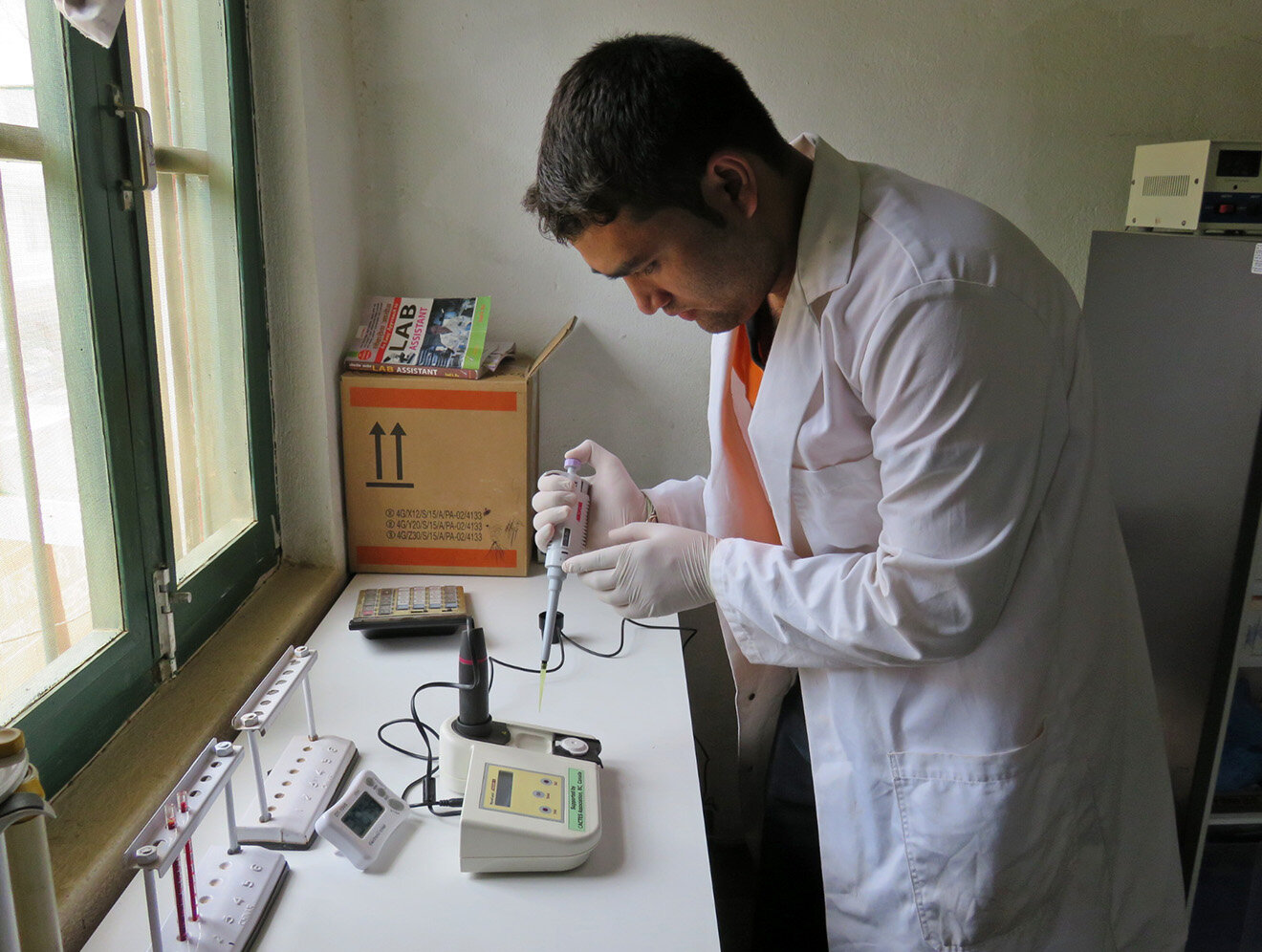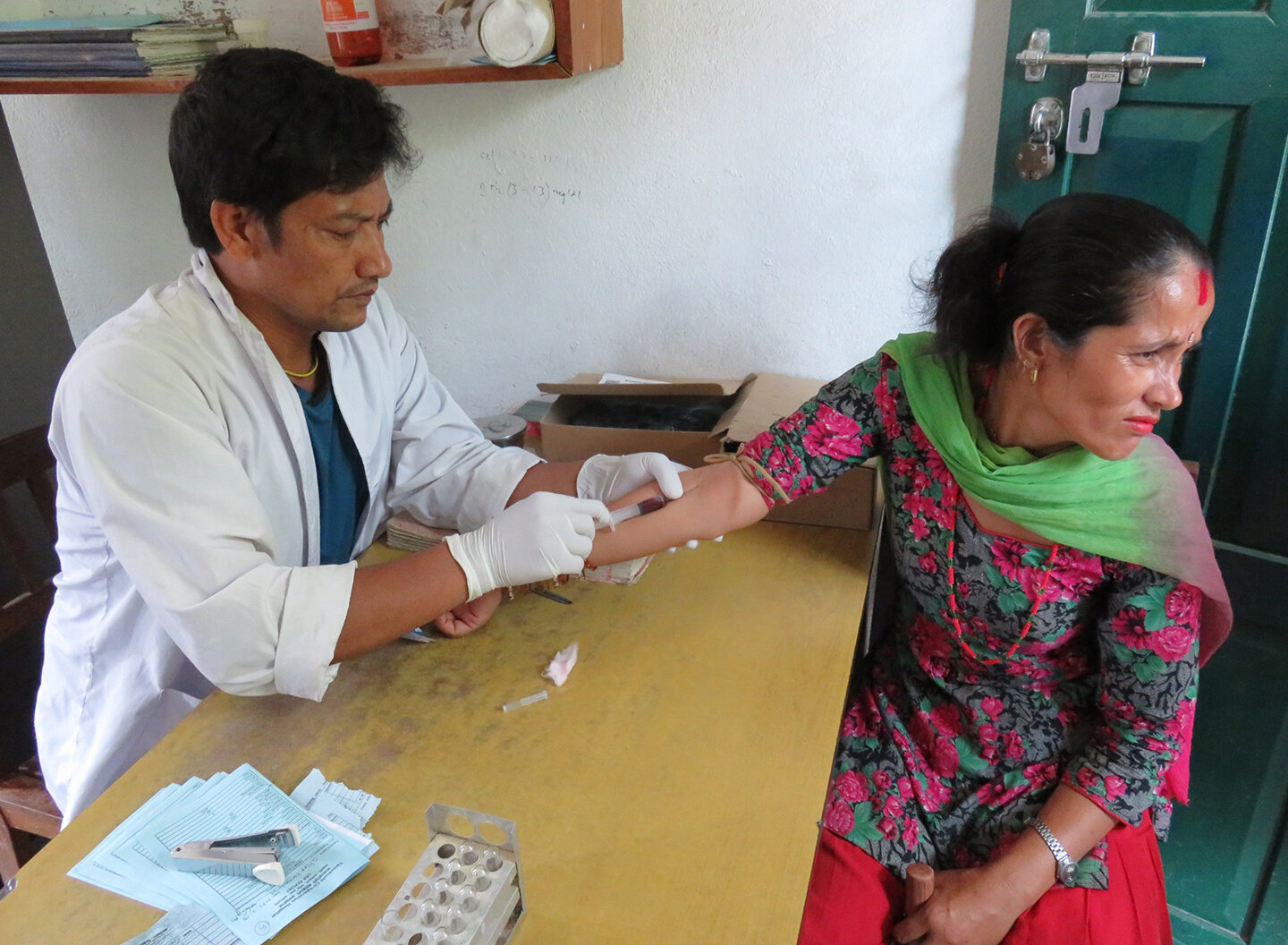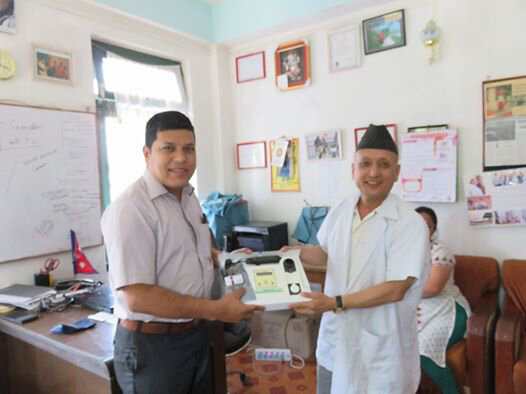2016 Health Project
Diabetes, a lethal and intolerant disease reminiscent of wealthy, developed countries, where people overly consume sugary drinks and sweets, is now a common problem in the developing world. According to International Diabetes Federation (IDF), one in every five people with diabetes is living in developing countries, and the figure is looking to rise in the next 20 years. With the prevalence and spread of diseases such as Diabetes, many illnesses once thought to be indicative of the developed world are now spreading to the developing world.
In 2016, one of CACTES' main health focuses was on the impact and treatment of diabetes. If not diagnosed or treated in time, the disease could result in blindness, a loss of sensation in the limbs and in extreme cases, death. People with high blood sugar are also more prone to strokes and heart attacks.
The onset of diabetes is caused by attacks to the pancreas, the organ responsible for making insulin. The insulin then breaks down ingested sugars to generate energy for the body; without this process, high blood sugar levels can easily cause damage to blood vessels. With early detection, the proper amount of exercise, and a balanced diet, patients can combat the disease effectively and continue to live a fulfilled life.
In order to help with early detection and treatment of the disease, CACTES has fundraised a total of $2500 and bought a HBA1C (diabetes testing machine) for the Tamakoshi Co-operative Hospital in the Manthali Municipality, Ward No. 2, Ramachhap, Nepal. The machine has officially been put to use as of May 15th 2016.
We'd like to take this moment to thank our sponsors, donors, supporters and partners for making this possible.




